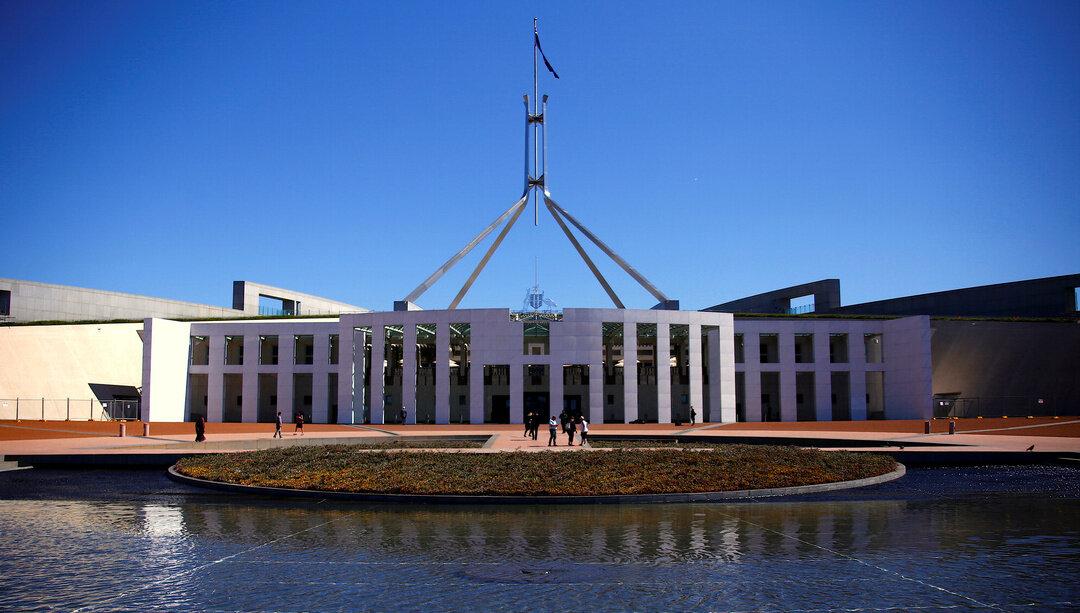A culture of consensus held back the Australian Public Service from recognising, and acting, on the threat posed by the Chinese Communist Party (CCP), leading think tank experts argue.
Peter Jennings of the Australian Strategic Policy Institute said there was a “remarkable degree of conformity” within the debate in the public service, particularly around foreign affairs.





